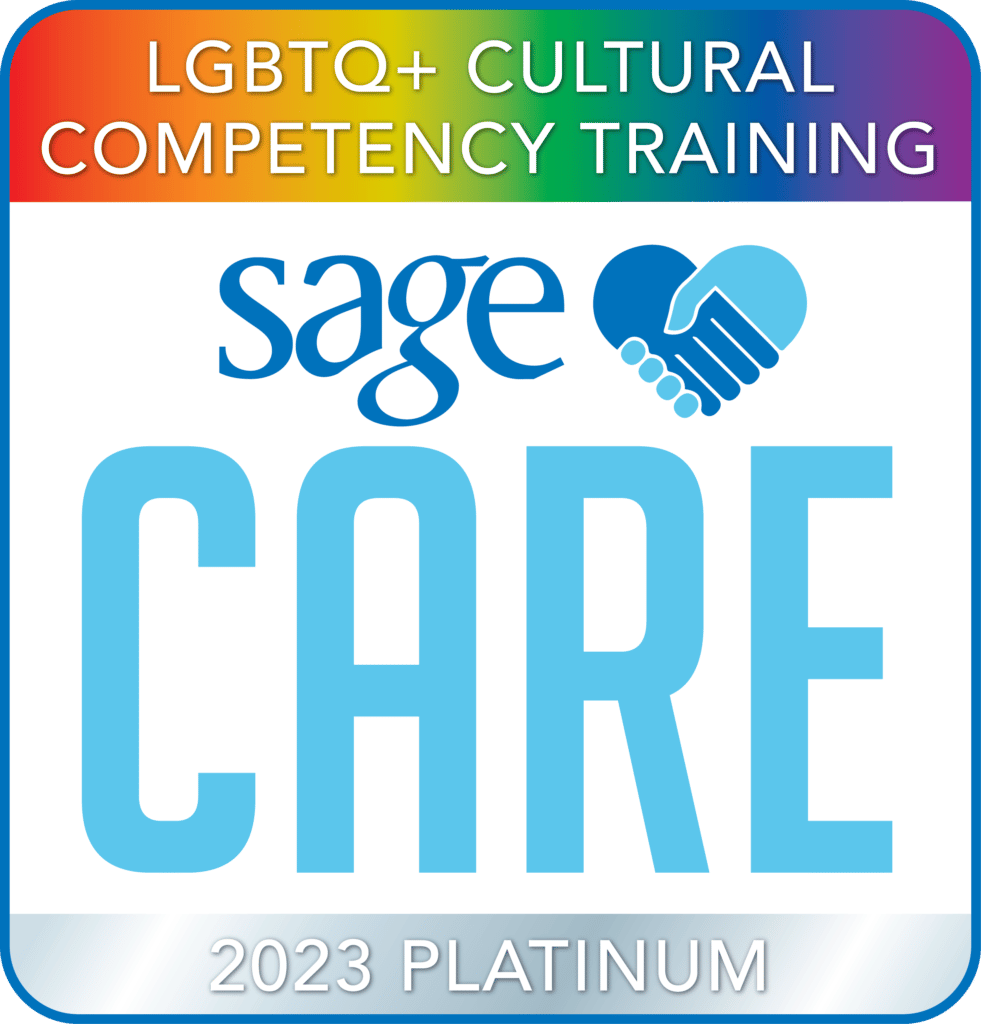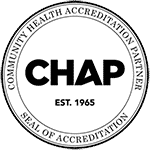The Importance of Proper Discharge Planning

If you are being discharged from a hospital or skilled nursing facility you have the right to discharge planning and to participate in the process. During your stay, your doctor and the staff will work with you on this process. You and your caregiver (a family member or friend who may be helping you) are important members of the planning team.
Discharge planning is an important tool for making arrangements for on-going healthcare needs across the healthcare settings. Patients and their families should begin by reading all discharge documents carefully including their rights, discharge evaluations and discharge planning documents. They should also question treating physicians, nurses and social workers about necessary services as the patient’s condition improves or declines and voice opinions and concerns and participate fully in all care decisions.
Here are some discharge planning action items to consider:
- Where care will be provided and who will help after discharge.
- Whether the patient understands his or her health condition, what problems to watch for, and how to handle them.
- Level of knowledge about the medications prescribed and what conditions they were prescribed for including how and when to take them.
- Whether any equipment is needed when returning home, such as a walker.
- Whether and for how long the patient will need help with activities of daily living and chores such as bathing, dressing, grooming, using the bathroom, shopping for food, making meals, doing housework, paying bills, getting to doctors’ appointments, picking up prescriptions, etc.
- The patient’s or family member’s comfort level with performing care tasks such as using medical equipment, changing a bandage, or giving a shot.
- Whether family members or other caregivers understand the help needed from them.
- Concerns about how well family members are coping with the patient’s illness.
Whether the patient knows which doctor or other healthcare provider to call if there are questions or problems. - Understanding what appointments and tests will be needed in the next several weeks after discharge.
- Whether the patient has been provided with understandable written discharge instructions.
- Whether the patient understands the need for home health, nursing, or hospice services and how to go about obtaining them.
- Level of knowledge about community resources.
- Understanding what insurance will cover for prescription drugs, equipment, and services that will be needed, and what the patient will have to pay for.
If you think you are being asked to leave a hospital or other health care setting (discharged) too soon you may have the right to ask for a review of the discharge decision by the Beneficiary and Family Centered Care Quality Improvement Organization (BFCC-QIP) before you leave.
A BFCC-QIP is quality improvement organization (a group of doctors and other health care experts under contract with Medicare) that reviews complaints and quality of care for people with Medicare. To get the phone number for your BFCC-QIP visit Medicare.gov/contacts, or call 1-800-MEDICARE. You can also ask the staff for this information. If you’re in a hospital, the staff should give you a notice called “Important Message from Medicare,” which contains information on your BFCC-QIP. If you don’t receive this notice, ask for it.
Compassionate Home Care for Seniors in New Jersey
United Methodist Communities HomeWorks is committed to providing comprehensive and coordinated care, fostering independence at home in Monmouth, Middlesex, and Ocean counties. Our dedicated and compassionate caregivers help our clients through their daily activities and provide professional medical care support.
To find out more about our services, please contact us today.
Original content posted on https://umcommunities.org/blog/importance-proper-discharge-planning/






